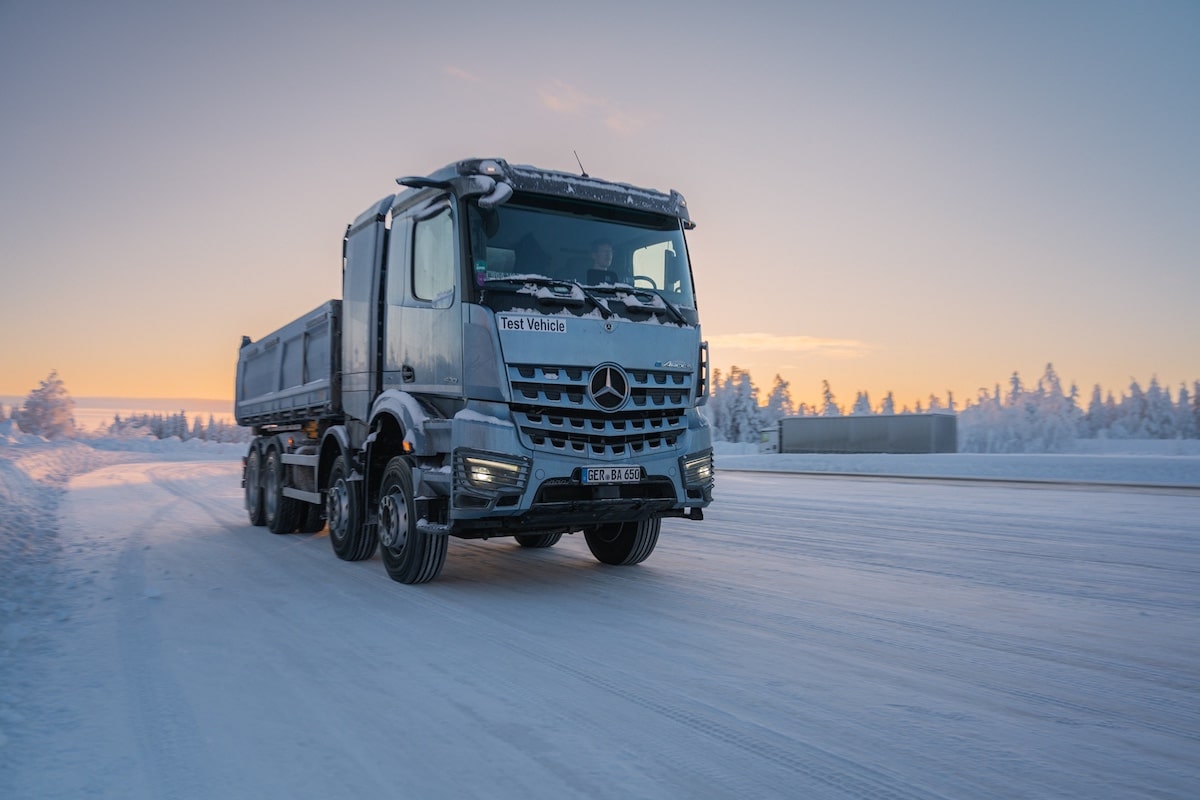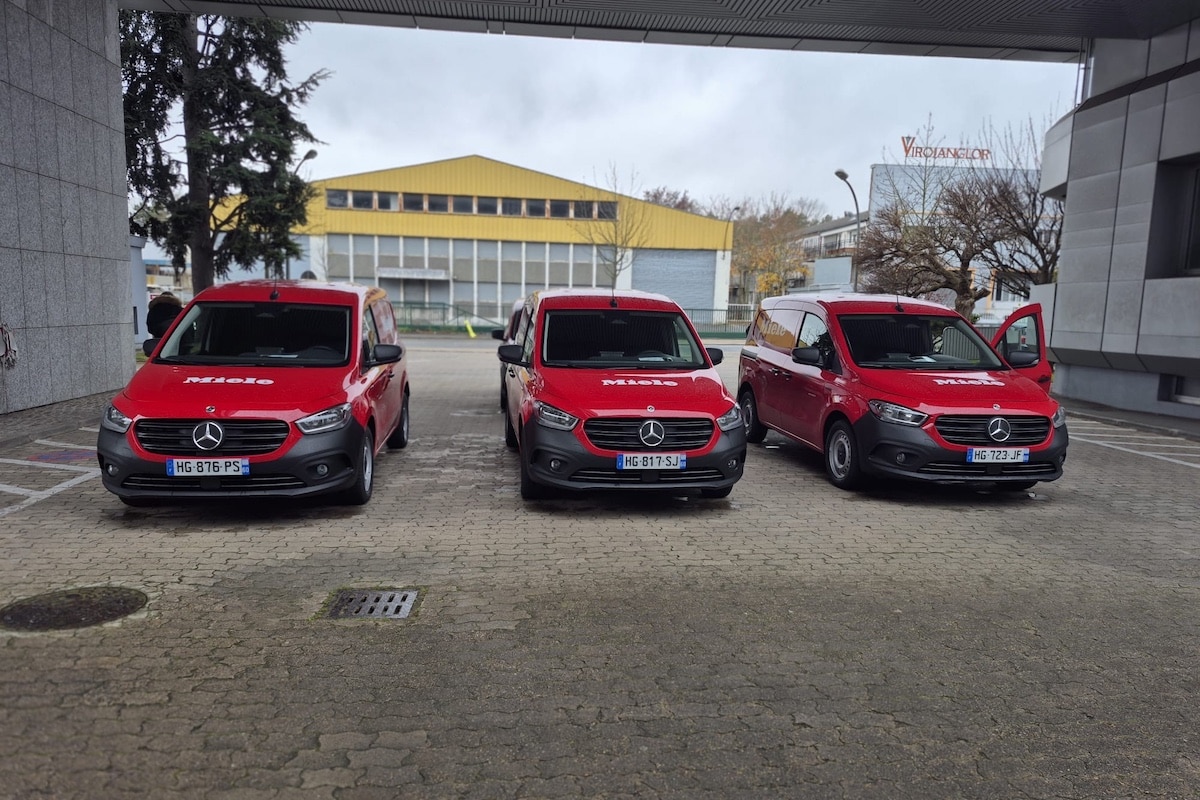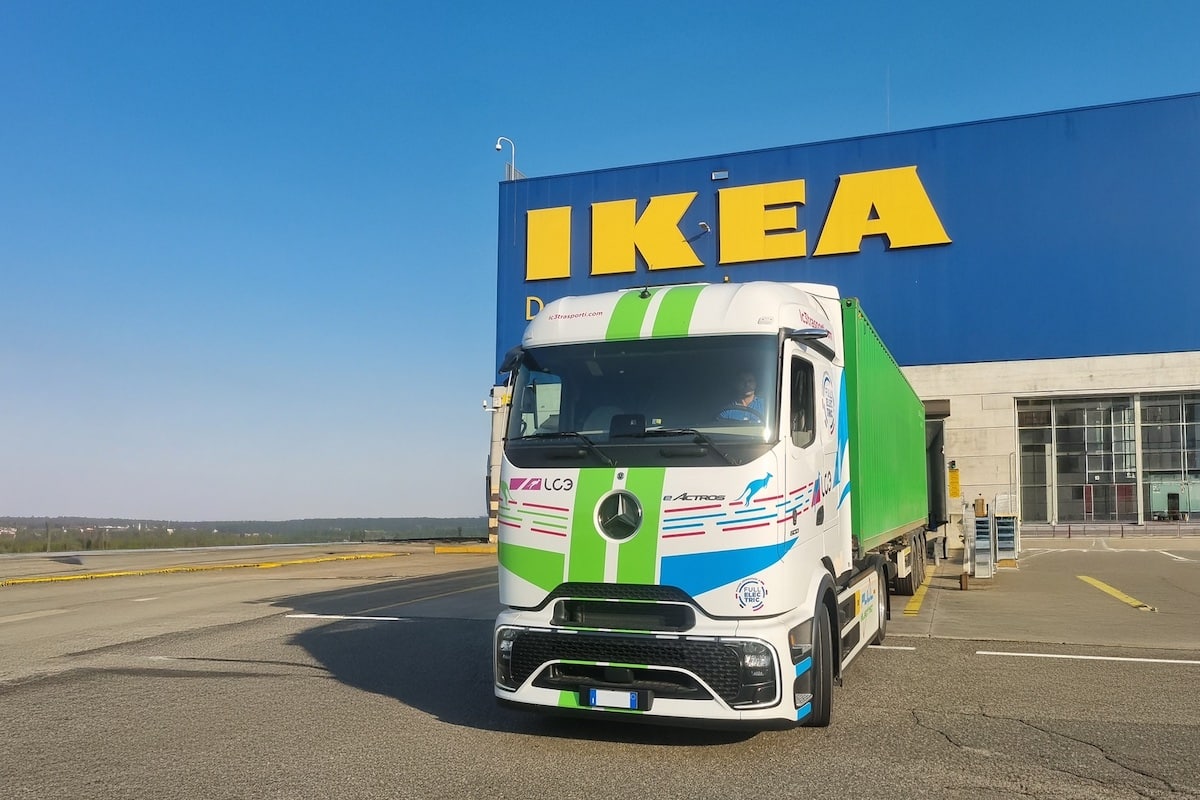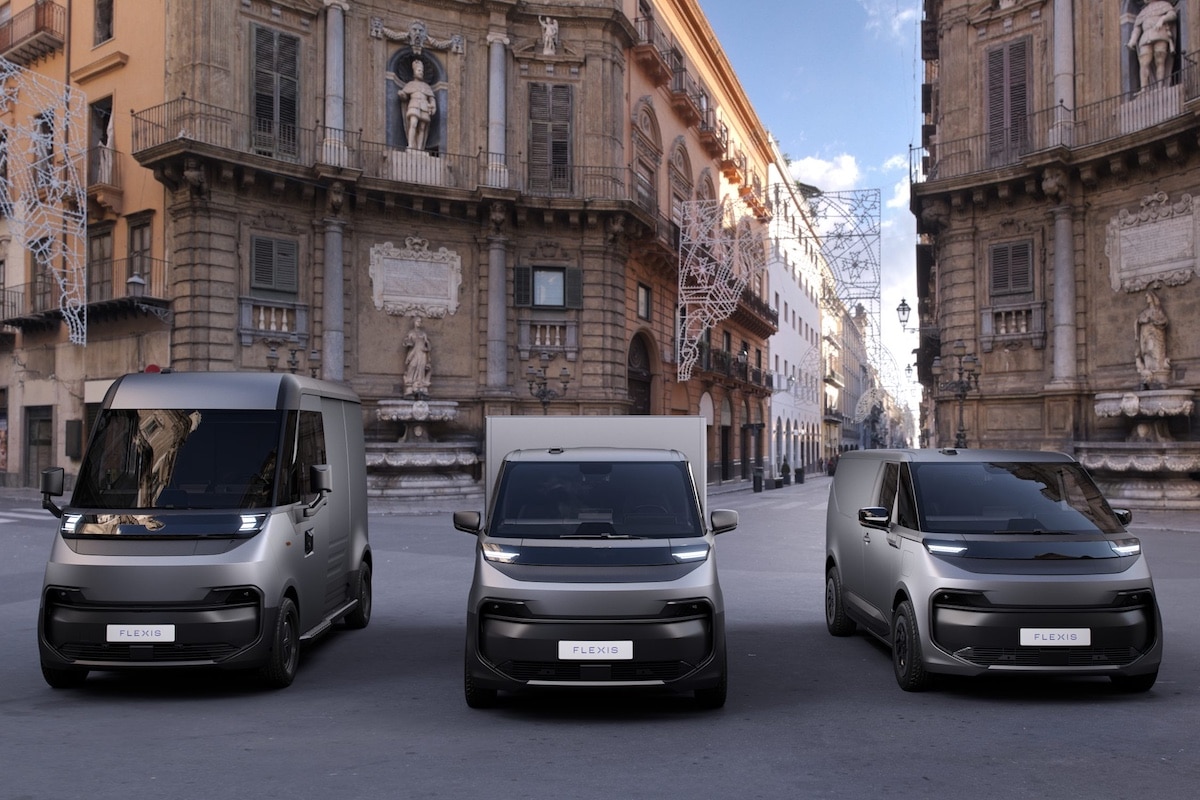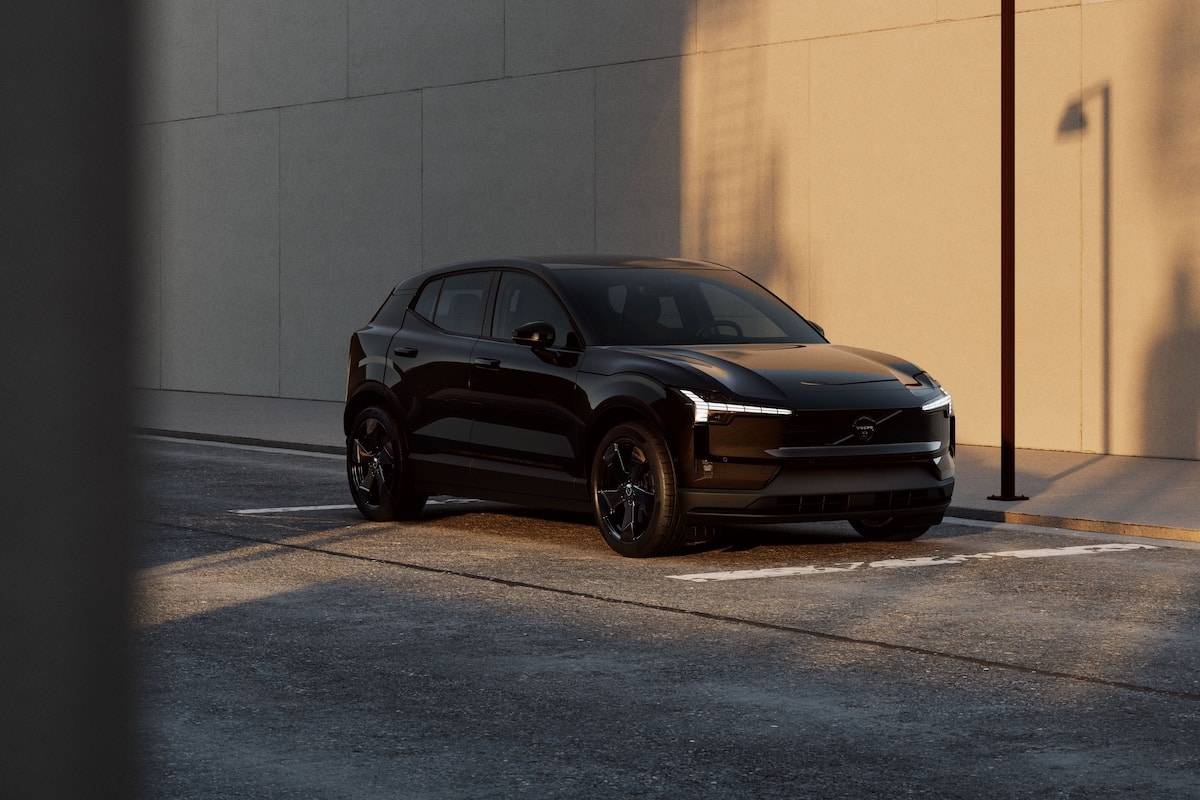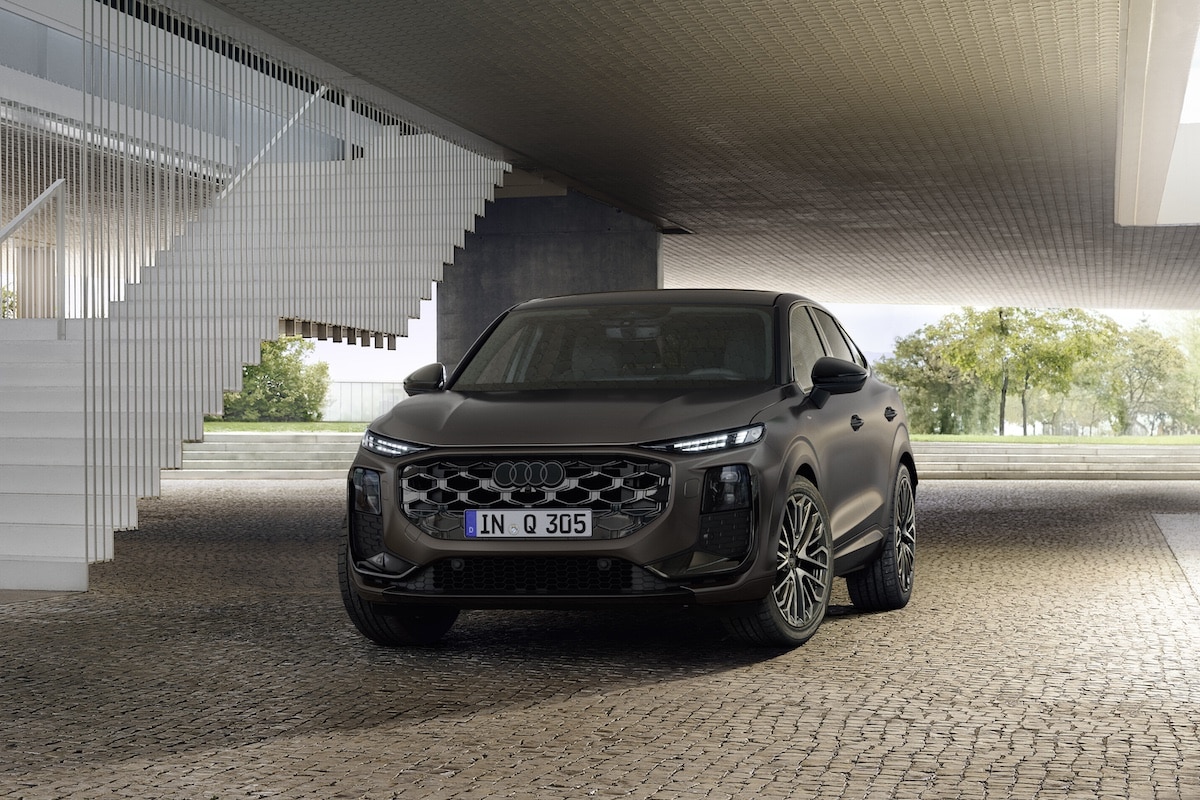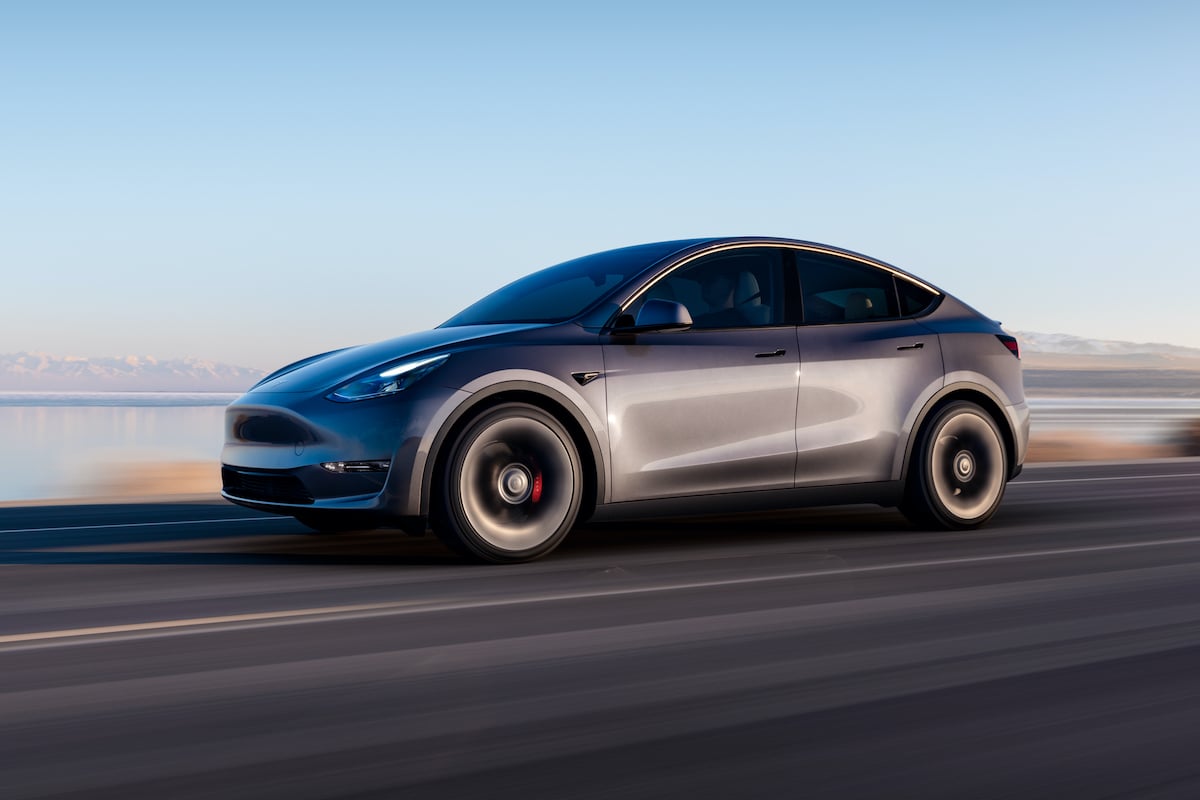Coca-Cola bets on hydrogen trucks!
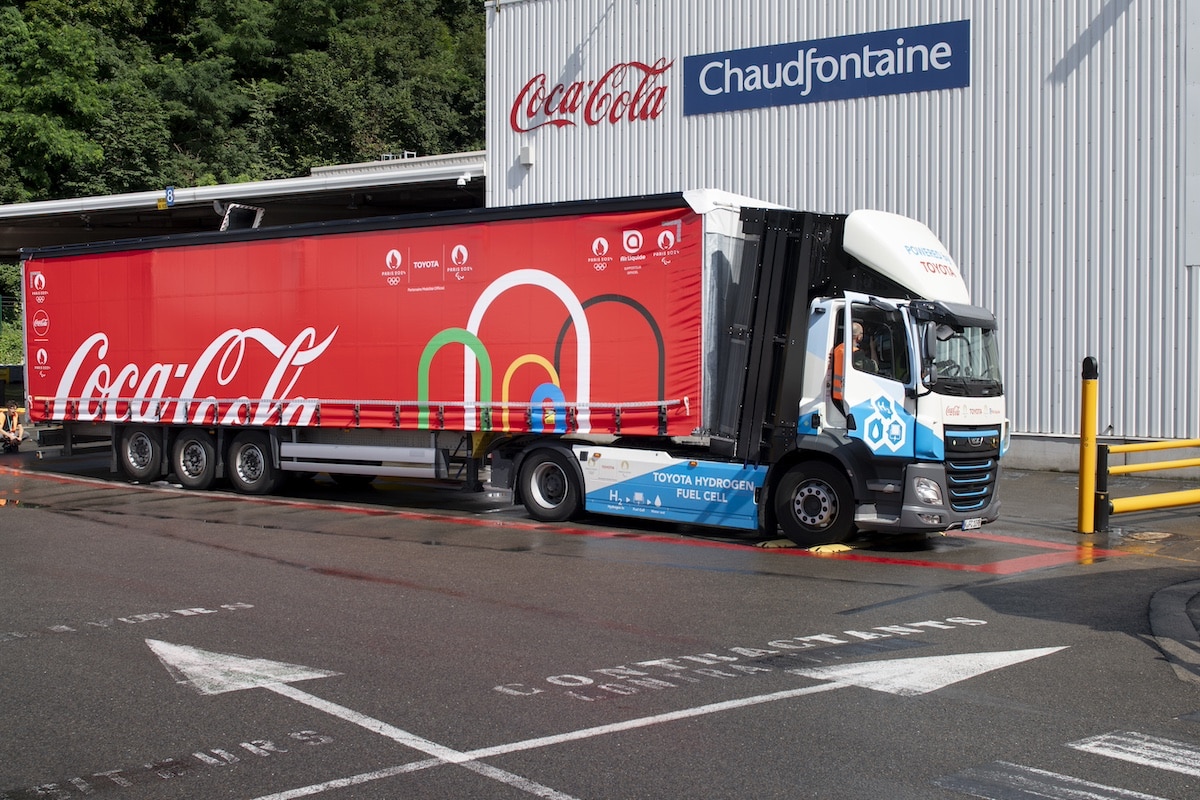
While its major rival Pepsi swears by the Tesla Semi, Coca-Cola is betting on hydrogen for its supply operations.
Coca-Cola could not remain idle while the American manufacturer Tesla has already supplied 86 Semis to Pepsi. The stakes are high for the soda giants as the adoption of electric trucks in the logistics and transport sector meets a strong ecological demand. Therefore, Coca-Cola has turned to Toyota to test a new hydrogen truck.
Unlike the Tesla Semi, the hydrogen trucks being tested utilize fuel cell modules. They combine hydrogen (H₂) and oxygen (O₂) molecules and convert them into water while producing electricity. Therefore, they only emit water. Furthermore, their refueling speed ensures better utilization rates compared to battery vehicles, whose weak point remains the charging time.
When Coca-Cola Only Produces Water
Toyota logically chose to engage Air Liquide, one of the leaders in hydrogen production and distribution, to supply the hydrogen for this project. It is guaranteed to be of renewable origin, an essential criterion for claiming zero emissions circulation. The virtuous chain of hydrogen mobility indeed starts at the moment of hydrogen production that will be used by the vehicles.


As this is a testing phase, Toyota has only provided two test trucks to primarily demonstrate the viability of fuel cell technology. This technology exists, it is reliable and mature, but the refueling infrastructure is still in its early stages. While fast chargers for trucks are in a phase of exponential deployment, hydrogen refueling stations are extremely rare. It is even unlikely that those engaged in this technology will embark on large-scale deployment. However, installing a station at Coca-Cola’s logistics sites is feasible at low cost, allowing vehicles to be fueled before their routes, and then to refuel as needed during their stops. That is why we talk about supply operations rather than delivery operations. It represents a different model than traditional road transport for which battery electric seems more relevant, but it is a path worth exploring.
ALSO READ: Renault Finalizes Its Electric Semi
This page is translated from the original post "Coca-Cola fait le pari du camion à hydrogène !" in French.
We also suggestthese articles:
Also read
